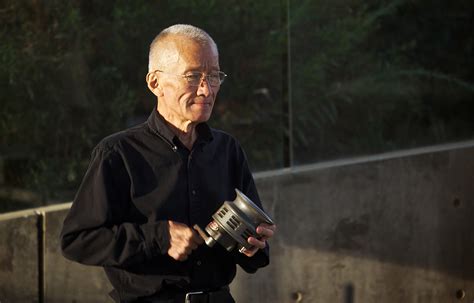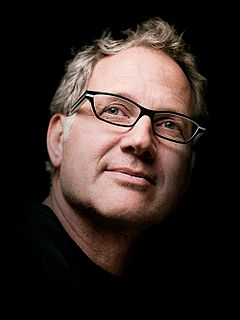A Quote by David Pye
Everything we design and make is an improvisation, a lash-up, something inept and provisional.
Quote Topics
Related Quotes
I grew up in the theater, and you can't improvise Shakespeare and Ibsen. You have to speak the language. But obviously, in a contemporary film, there's often room for improvisation and spontaneous things that happen. As long as I know what I'm trying to achieve in the scene, and when something comes up, I know that the response is genuine, I'm comfortable. That's really how I build everything.
When we think of design, we usually imagine things that are chosen because they are designed. Vases or comic books or architecture... It turns out, though, that most of what we make or design is actually aimed at a public that is there for something else. The design is important, but the design is not the point. Call it "public design"... Public design is for individuals who have to fill out our tax form, interact with our website or check into our hotel room despite the way it's designed, not because of it.
Often, some people dress something up to make it sound scientific, use scientific words, call themselves doctor something-or-other, and then you look them up, and they're trying to make it sound like something it's not. There's this entire field that's adding the word 'quantum' to everything. It doesn't even make sense in that context.
































